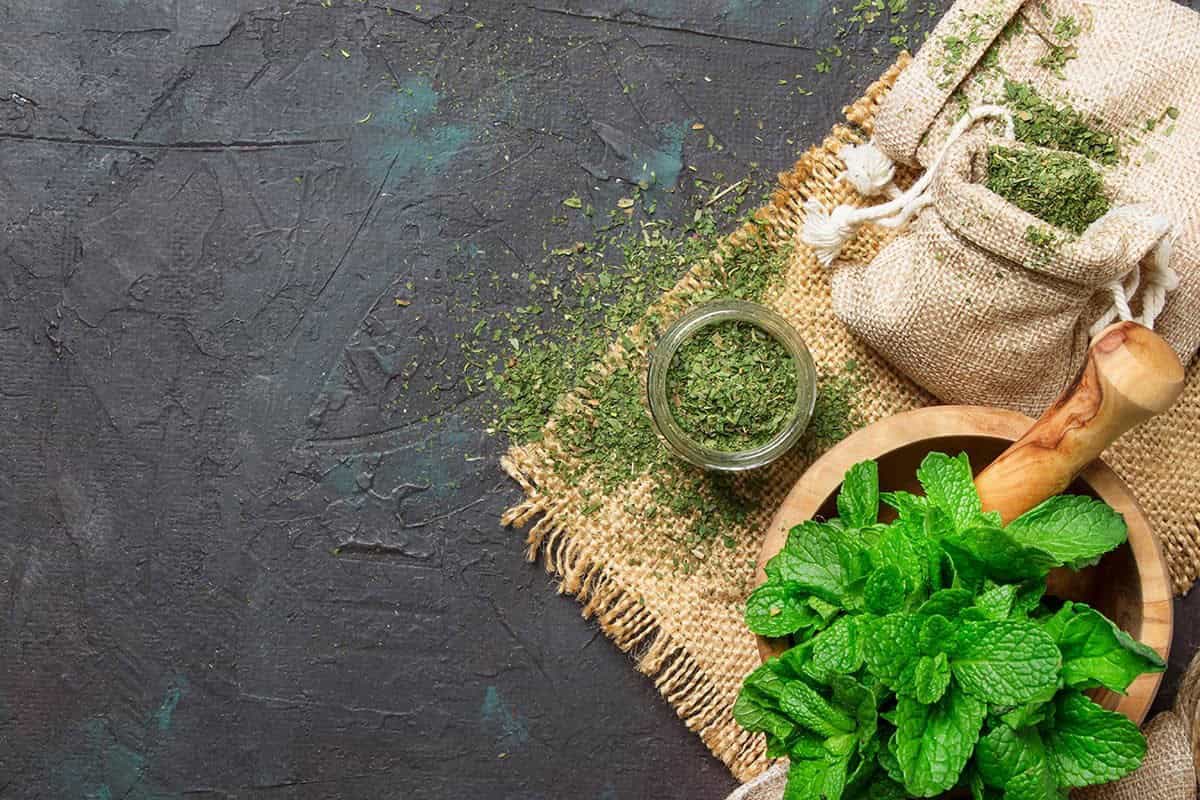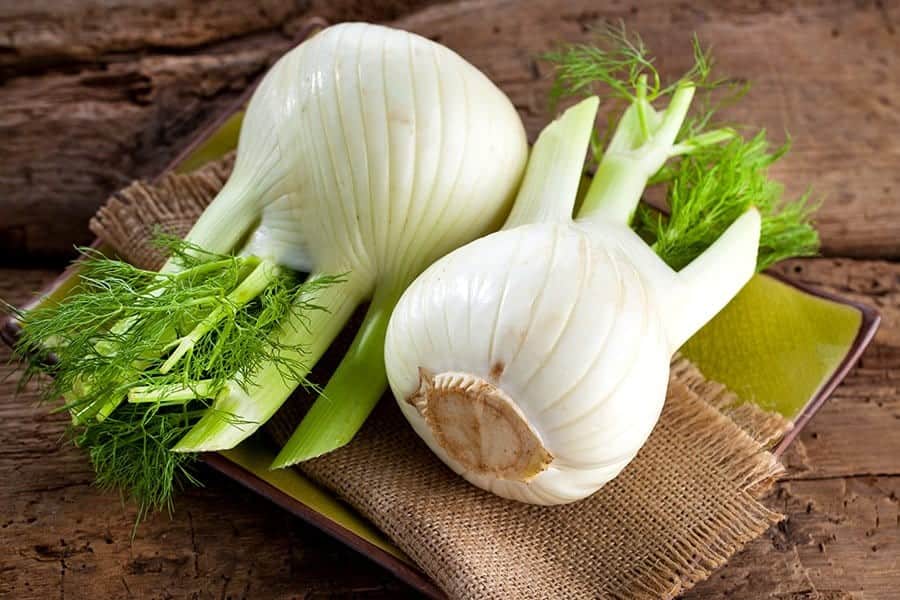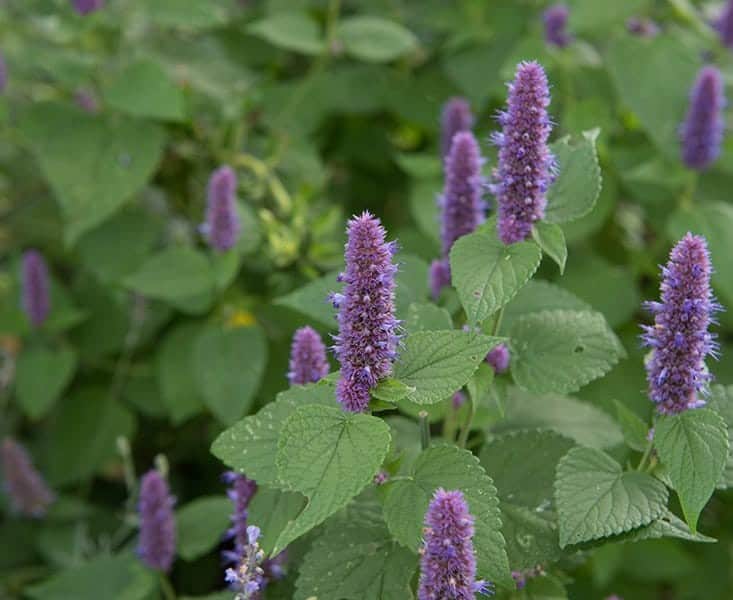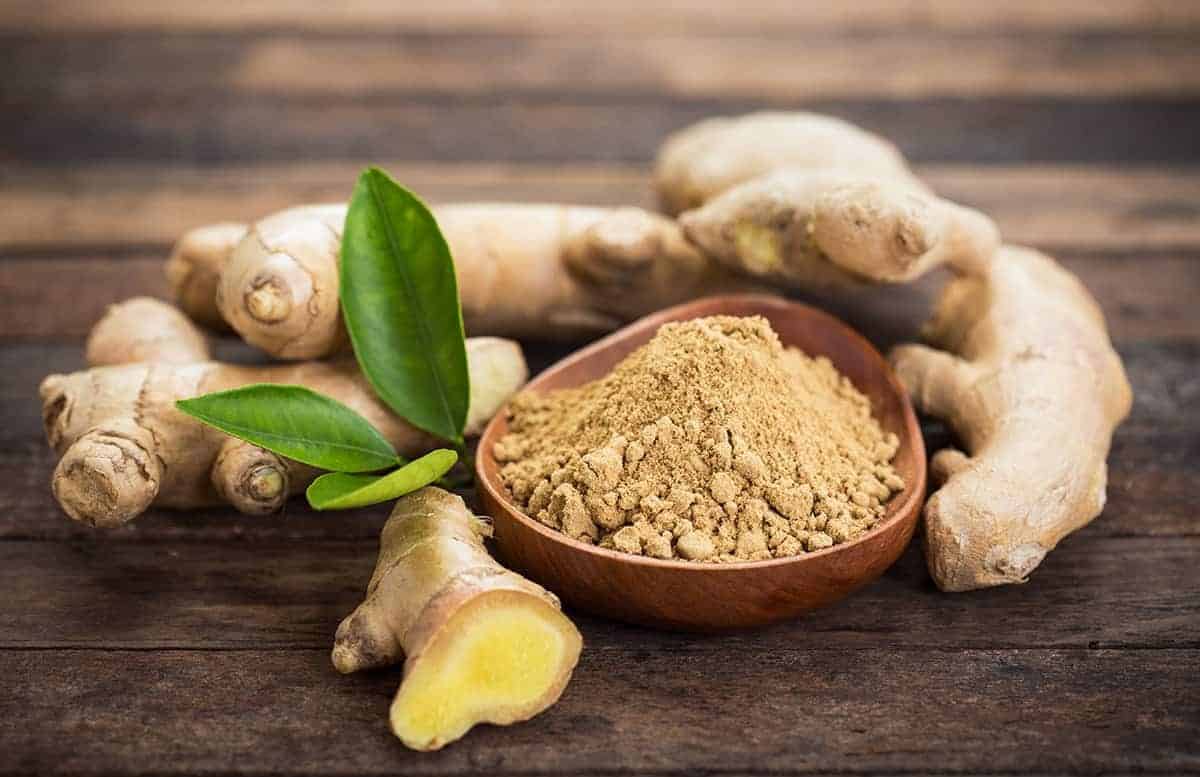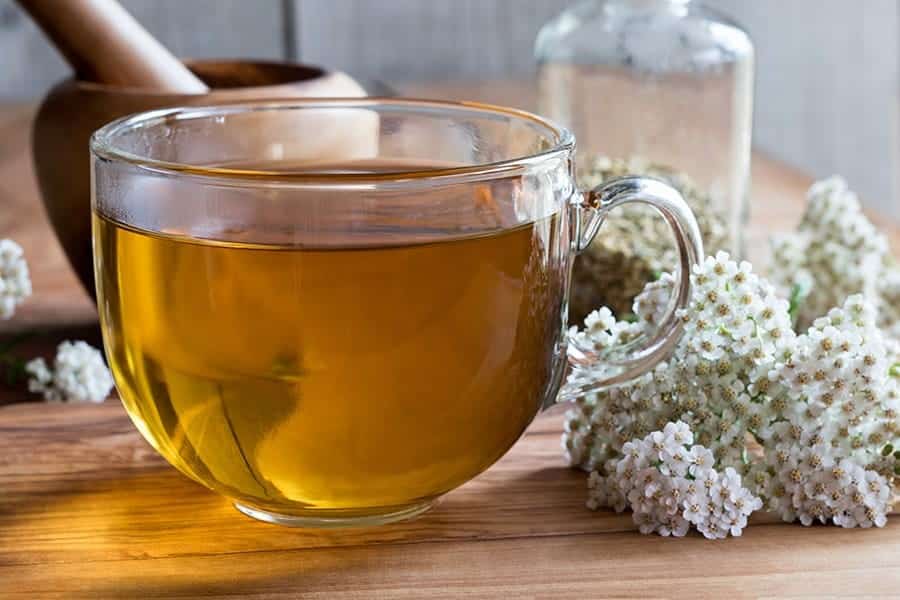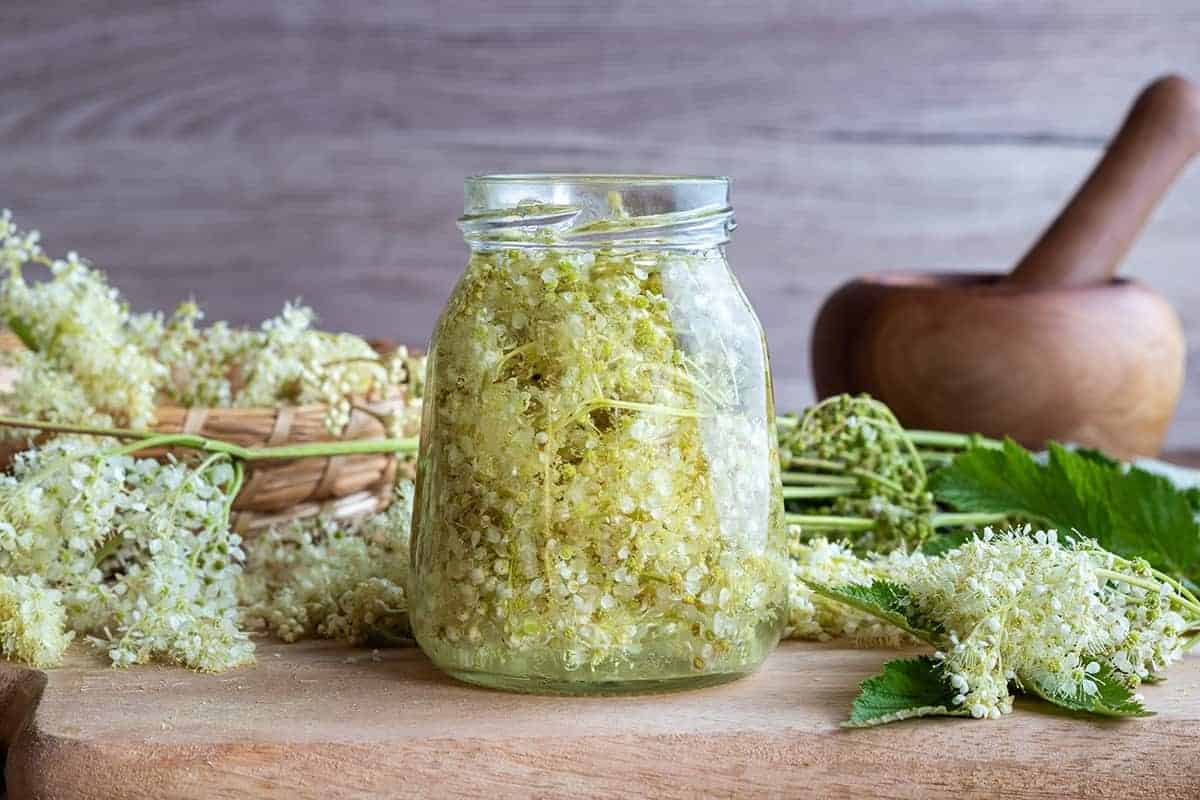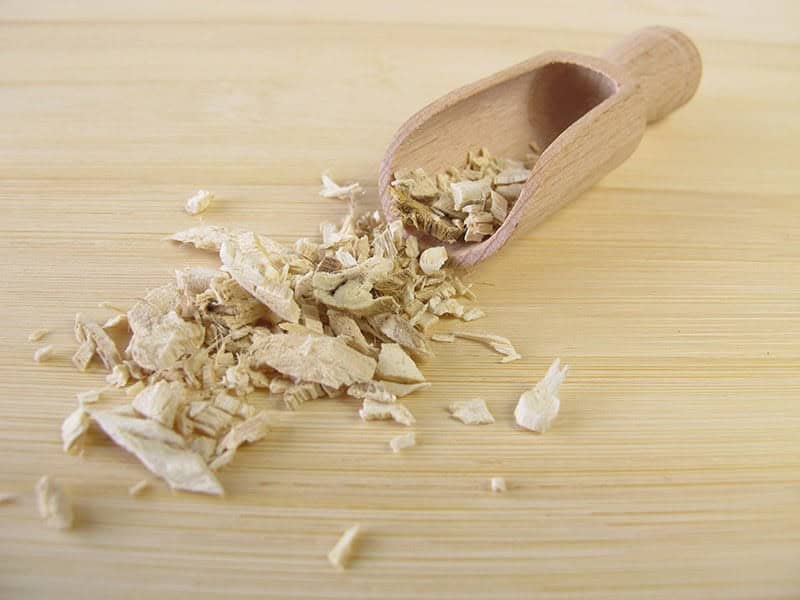The world can be a cruel place when your stomach is out of whack. Fortunately, nature has provided us with a treasure trove of herbal remedies to alleviate our digestive discomfort. However, it’s crucial to recognize that not all herbs are created equal and some may even exacerbate certain conditions. Take ginger for instance – while its soothing properties make it an excellent choice for combating nausea, its heating quality means it can actually irritate ulcers.
Similarly, marshmallow, a herb with moistening properties, is not the best option for treating diarrhea. It’s clear that when it comes to addressing belly issues, understanding which herbs are suitable for specific conditions is essential. Let’s take a closer look at some of the most common herbs used to treat digestive problems and what they’re uniquely qualified to address.
Choosing the Right Remedy
When approached with a question about which herb to use for digestive issues, my go-to response is always rooted in understanding the underlying cause. The reason being that what brings relief to one condition may actually exacerbate another, and vice versa. This holistic approach is essential when it comes to herbal remedies, as different conditions require unique approaches. The complexity of digestive issues lies in their varied causes.
As such, a multitude of herbal remedies exist to address these distinct concerns. It’s crucial to consider the energetic properties of herbs – heating, cooling, drying, or moistening – and how they may interact with one another. What works wonders for one issue might not be the best solution for another, highlighting the importance of considering the root cause when seeking natural relief.
Peppermint
Peppermint (Mentha x piperita) is a highly effective herb for treating various stomach issues, including nausea, gas, Crohn’s disease, and celiac flare-ups. Its antispasmodic properties can help relax intestinal clenchings caused by irritable bowel syndrome (IBS), providing relief from a range of gastrointestinal discomforts. Many people have enjoyed peppermint tea as children to soothe stomach upsets or flu symptoms.
However, it’s essential to note that peppermint also has warming properties due to its menthol content, which can exacerbate ‘hot’ conditions such as heartburn and peptic ulcers. In some cases, the herb’s antispasmodic effects can even relax the esophageal sphincter, allowing stomach acid to flow back into the esophagus and worsen gastroesophageal reflux disease (GERD) or heartburn. As a result, peppermint should be used with caution in individuals with these conditions.
Fennel
While you may not be familiar with the term ‘carminative’, it’s a substance that can effectively eliminate gas in the digestive system. When it comes to herbs for upset stomachs, carminatives refer to plants that can help prevent unwanted gas from forming in the first place. A great example of such an herb is fennel (Foeniculum vulgare), which boasts a unique licorice flavor and has been used in baked goods for thousands of years.
Its seeds can be chewed to alleviate symptoms like gas pain, nausea, and bloating, while its bulb can be consumed raw or cooked. Fennel’s versatility also extends to treating colic in babies when taken via breast milk and stimulating appetite in individuals dealing with shock or grief. By making an infusion (tea) with the seeds and/or leaf fronds, you can harness fennel’s carminative properties for a range of digestive issues.
Anise Hyssop
For those who savor the unique flavor of licorice, anise hyssop (Agastache foeniculum) is an excellent addition to your medicinal herb repertoire. As a member of the mint family, it shares similar carminative properties that can help alleviate digestive discomfort.
Beyond its ability to soothe gastrointestinal issues, anise hyssop has also been known to provide relief from anxious tension that often manifests as indigestion.
Many herbal enthusiasts appreciate anise hyssop for its natural sweetness and subtle licorice undertones, which can transform unpleasant-tasting remedies into a more enjoyable experience.
Raspberry Leaf
Raspberry leaves (Rubus idaeus) possess antispasmodic and astringent properties that render them particularly effective in alleviating lower belly spasms and diarrhea. The term ‘astringent’ refers to a plant’s drying action, making it an ideal remedy for soothing digestive issues.
For instance, if you’re struggling with the unpleasant symptoms of food poisoning or celiac disease, a cup of tea comprising equal parts peppermint and raspberry leaf (approximately 1 teaspoon per cup of water) can help dry out the affected area while calming abdominal cramps.
German Chamomile
Chamomile (Matricaria recutita) is a gentle yet powerful herb that offers numerous benefits for upset stomachs. Its sweet, apple-like fragrance and flavor are just as delightful as its effects. This daisy family member can be safely consumed by children, making it an excellent addition to teas designed to soothe gas and tummy troubles in little ones.
When combined with other herbs like anise hyssop, lemon balm, and catnip, chamomile helps calm the digestive system and alleviate symptoms of colic. Even nursing mothers can enjoy a stronger brew to ease their babies’ discomfort. However, it’s essential to note that individuals allergic to ragweed may react poorly to chamomile. To ensure a comfortable experience, those with this allergy should start by sipping a small amount of weak tea to gauge their tolerance level.
Ginger
Ginger, a natural wonder herb, is renowned for its remarkable ability to soothe various stomach complaints. The active compounds gingerols and shogaols within Ginger (Zingiber officinale) work in harmony to neutralize queasiness and pain. When brewed into a gentle tea, ginger has been shown to be particularly effective in alleviating morning sickness symptoms during pregnancy. Additionally, carrying ginger biscuits as a snack can help alleviate motion sickness when traveling by car or plane.
However, it’s essential to note that Ginger has heating properties, which means it should not be consumed if experiencing hot-based gastro issues such as heartburn, GERD, or peptic ulcers. Instead, it’s best to explore alternative remedies for these conditions.
Catnip
While catnip is notorious for sending felines into a frenzy, its effects on humans can be surprisingly calming. Like peppermint and fennel, Nepeta cataria, commonly known as catnip, has been shown to alleviate digestive issues such as gas and bloating by acting as a carminative herb. Furthermore, it also exhibits anxiolytic and hypnotic properties, capable of soothing anxious minds and inducing a peaceful sleep.
For those experiencing stress-related stomach troubles, catnip tea or tincture may provide relief from the discomfort.
Yarrow
There’s something special about yarrow (Achillea millefolium) that makes it a standout in my book of plant allies. For starters, its versatility when it comes to wound care is unparalleled. Not only can it stop bleeding quickly, but its astringent properties also make it an excellent remedy for soothing stomach issues linked to gallbladder problems. Beyond that, yarrow’s antimicrobial and antibacterial powers make it a powerful tool in the fight against food poisoning caused by E.
coli, Salmonella, and Helicobacter pylori – all notorious culprits behind stomach ulcers.
Licorice Root
While peppermint may aggravate hot conditions like heartburn and GERD, licorice (Glycyrrhiza glabra) surprisingly offers relief from such discomforts. Its demulcent properties allow it to coat and protect sensitive mucous membranes in the throat, stomach, and intestines, much like marshmallow. This property helps mitigate the burning sensation that occurs when stomach acid flows upward into the throat.
However, individuals with low potassium levels, hypertension, or edema should be cautious when consuming licorice, as it may worsen these conditions. Additionally, those with kidney disease are advised to consult a healthcare practitioner before incorporating licorice root into their regimen.
Lemon Balm
Lemon balm, another esteemed member of the mint family (Melissa Officinalis), is a natural remedy for various stomach discomforts. Its anxiolytic, antispasmodic, and carminative properties make it an effective treatment for stress-induced dyspepsia. The herb’s calming effects can also alleviate irritable bowel syndrome (IBS) flare-ups caused by emotional distress.
Additionally, its anti-spasmodic properties can help reduce menstrual cramps and lower abdominal/intestinal cramps associated with estrogen fluctuations. As a bonus, lemon balm’s soothing qualities can promote a restful night’s sleep while addressing digestive issues.
Meadowsweet
The aptly named meadowsweet, boasting gentle medicinal properties and a sweet flavor profile, is an excellent addition to many herbal blends. Its versatility allows it to effectively balance the potency of astringent preparations, while also shining on its own merit.
As a natural anti-inflammatory with analgesic capabilities, meadowsweet proves particularly useful in soothing digestive issues born from chronic inflammation or conditions such as irritable bowel syndrome (IBS), Crohn’s disease, peptic ulcers, and heartburn.
Marshmallow Root
Marshmallows’ unique properties make them a natural remedy for gastrointestinal issues. The herb’s mucilaginous composition creates a protective, moisture-rich barrier along internal linings, providing healing support for upset stomachs and digestive problems.
This demulcent quality makes marshmallow particularly effective in soothing esophageal, stomach, and intestinal discomfort, including acid reflux, peptic ulcers, irritable bowel syndrome, Crohn’s disease, celiac disease, and leaky gut syndrome. Additionally, marshmallow’s hydrating components can help alleviate constipation. As an anti-inflammatory agent, marshmallow is also beneficial in providing soothing relief from inflammatory conditions.
Determine The Cause of Stomach Upsets: Don’t Just Treat Symptoms
It’s crucial to identify the underlying causes of stomach discomfort rather than simply relying on remedies. One must consider that various conditions can exhibit similar symptoms, prompting the need for a more in-depth approach. If symptoms persist beyond a few days or become severe, seeking professional guidance from a healthcare provider is advisable.
Furthermore, when exploring herbal or standard medications, it’s essential to conduct thorough research to anticipate potential adverse reactions, interactions with prescription drugs, and allergies. By doing so, you can ensure the most effective and safe treatment for your stomach upset. Ultimately, understanding what’s triggering your symptoms is vital before considering any remedies.
